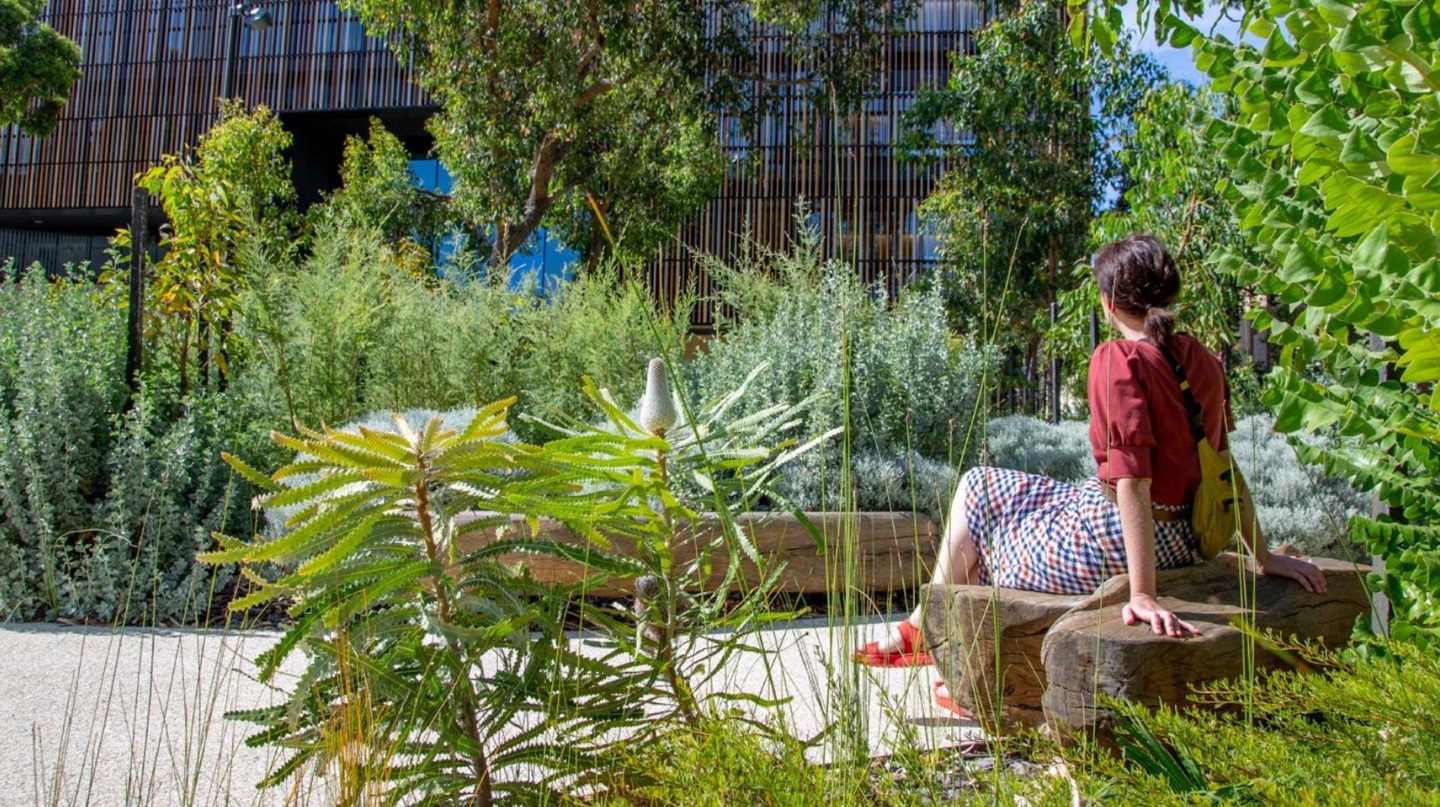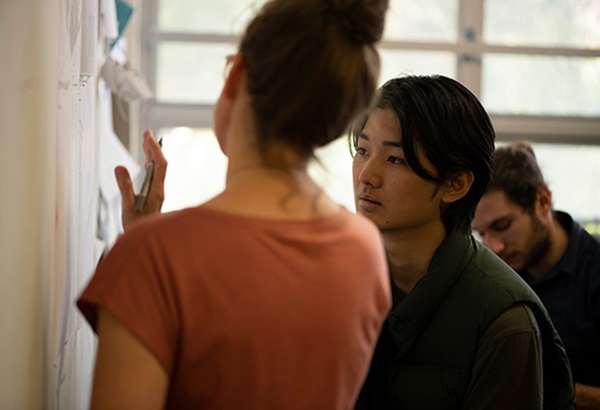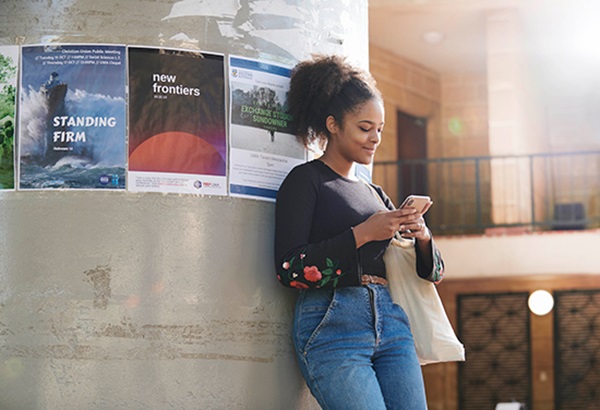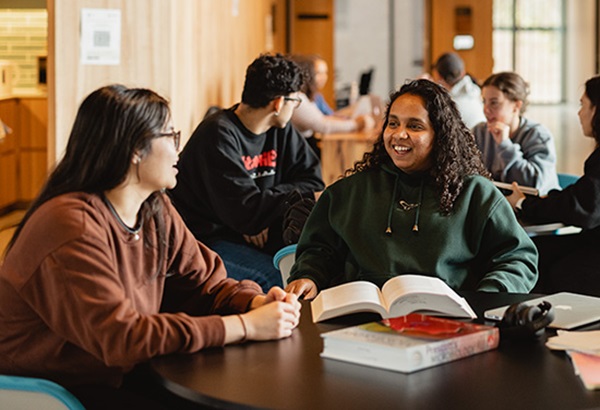Despite what carols and cards would have you believe, holiday season is not universally jolly. For some, the arrival of the summer holidays brings a much deserved break, but for others, it can be a time of increased stress, anxiety or feelings of loneliness.
We've all heard that the key to great health is in positive habit formation - but where do you start? Well, we did a little research, asked some UWA experts, and are happy to share some simple techniques that'll have you building better wellbeing in no time.
Get active
If there is an activity you enjoy doing and it gets your body moving, then make sure you schedule it in regularly over the break. In fact, research from UWA’s Mental Health & Exercise Research Group has found that young people who engage in exercise they enjoy exhibit higher self-esteem, a key determinant in overall mental health. The key here is finding an activity you enjoy - this could be as simple as building more walking into your day - just keep it achievable and regular.
Sleep well
We all know that getting enough sleep is important, but did you know that having regular wake ups and bedtimes can be just as important? Even if you’re tempted to burn the midnight oil because you’re on holidays, ensuring you keep a regular sleep schedule can have a profound effect on how you feel.
Sleep expert and Lecturer in the School of Psychological Science, Dr Cele Richardson, told us that sleeping in on just 1-2 mornings can disrupt your circadian rhythm, increasing your chance of experiencing symptoms of depression and anxiety.
If you can, try to keep a regular wake up time even on weekends and holidays. Sleeping in on just 1-2 mornings can move your body clock later, meaning it can become harder to fall asleep and you might have great difficulty waking up early for work, or class.
Dr Cele Richardson
Take notice
Paying attention to how you are feeling and spending some mindful time with yourself can help if you find yourself slipping into negative thinking over the break. If you are looking for a user-friendly guide to mindfulness, check out this Mindfulness Masterclass from Associate Professor Rodrigo Becerra:
If mindfulness meditation isn’t something that appeals, why not sign up for a yoga class? That way, you’ll be hitting two positive habits with one downward dog, so to speak.
Connect with others
If you have people in your life you can reach out to, get out there and have some fun over the break. Even if you are far away from home, make good use of the technology around you to make sure you are regularly checking in with family and friends overseas.
International Onboarding Officer, Viknash VM told us,
If you are living on campus, it can be really hard to get out of your room and meet new people, but the rewards that come from pushing yourself to be a bit more social far outweigh any initial discomfort. So get out and see beautiful Perth or even sign yourself up for a tour around regional WA! You can make heaps of friends and there are plenty of tours and road trips all year round.
Viknash VM
Seek learning
We know that this is meant to be a break from learning, but picking up a new hobby or sport can keep you motivated over the summer break. Sign up for a craft workshop, take an online short course or head to UWA Sport and find out about their social sports, student gym memberships and fun events.
Reach out for extra support if you need it
While these habits can definitely help you stay well over the break, you may also need to reach out for some extra support. Here are some important numbers to have saved in your phone in case you need them.
Mental Health Emergency Response Line 1300 555 788 | Lifeline WA 13 11 14
Have you considered turning a passion for mental health and wellbeing into a career? Make sure you check out some of our undergraduate and postgraduate courses in human behaviour, population health, psychology and social work:
Psychological and Behavioural Sciences | Psychology | Master of Social Work | Doctor of Philosophy and Master of Clinical Psychology
Find out more about the UWA Mental Health and Wellbeing Framework







